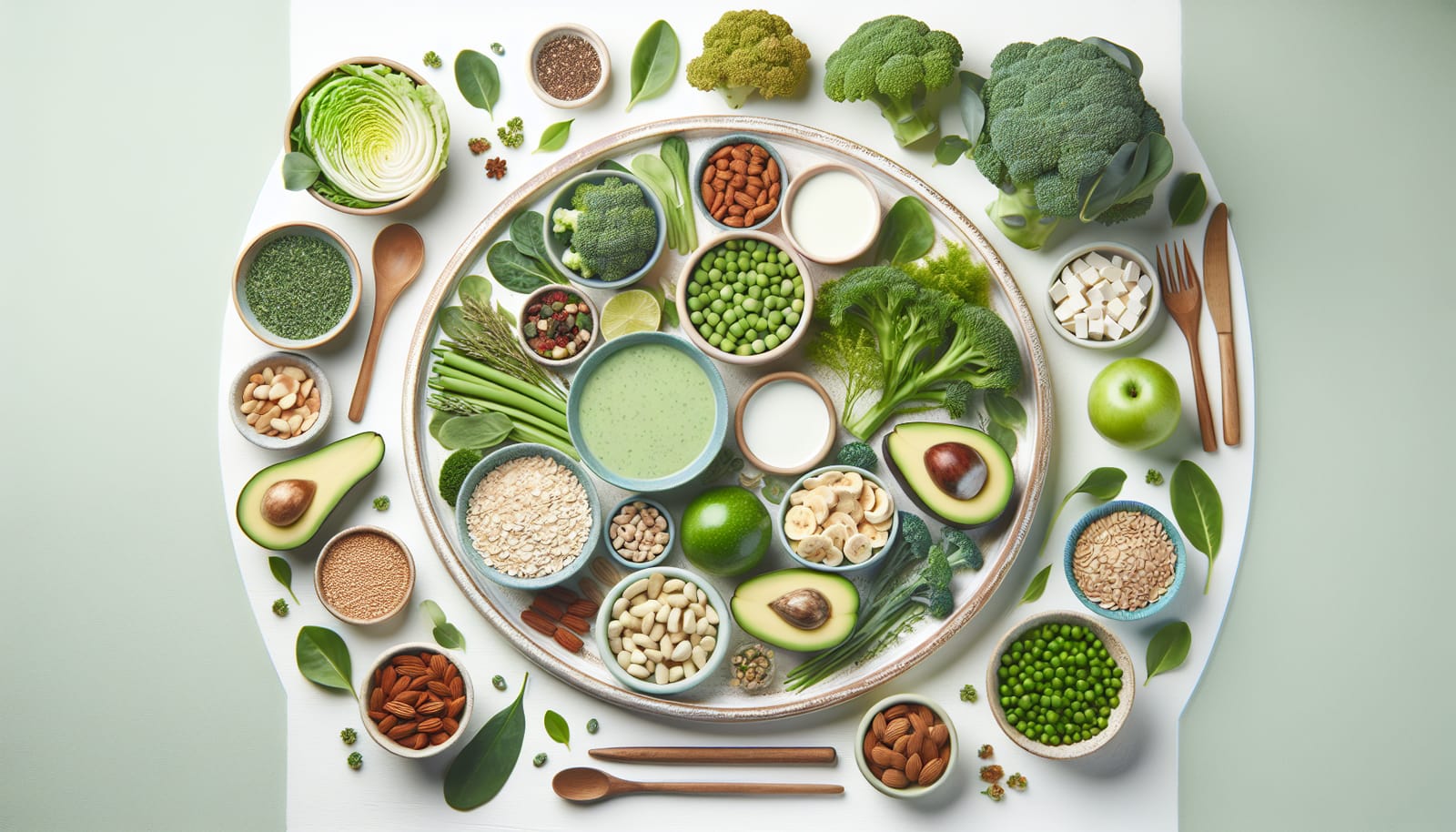In today's fast-paced world, the relationship between creativity and mental health is gaining increasing attention. As we navigate through our daily lives, the importance of mental well-being cannot be overstated, and creativity often emerges as a powerful tool for enhancing our mental state. From painting and writing to music and dance, creative expressions can act as a balm for the mind, fostering resilience, reducing stress, and promoting overall emotional health. In this article, we will explore how creativity impacts mental health, the science behind this connection, and practical ways to incorporate creativity into our daily lives.
The Science Behind Creativity and Mental Health
Research indicates a significant link between creativity and mental health. Engaging in creative activities can lead to lower levels of anxiety and depression. A study published in the journal Psychology of Aesthetics, Creativity, and the Arts found that individuals who participate in creative activities experience heightened levels of positive emotions and a sense of accomplishment. This is partly due to the release of dopamine, a neurotransmitter associated with pleasure and reward, which occurs when we engage in creative tasks.
Moreover, creativity allows for emotional expression and the exploration of one's thoughts and feelings. This often leads to greater self-awareness and understanding, which are critical for maintaining mental health. When individuals create, they often tap into their innermost thoughts and feelings, allowing them to process complex emotions in a healthy way.
The Therapeutic Benefits of Creative Expression
Creative expression is not just a pastime; it can also serve as a therapeutic tool. Art therapy, music therapy, and writing therapy are all recognized methods used to help individuals express emotions, cope with trauma, and improve mental health. These therapies provide a safe space for individuals to explore their feelings without the fear of judgment.
Incorporating creative activities into your life can foster mindfulness, an essential aspect of mental health. When you engage in a creative process, you often enter a state of flow, where your mind focuses entirely on the task at hand. This immersion can help reduce symptoms of anxiety and depression, providing a much-needed mental break from daily stressors.
Creativity as a Coping Mechanism
Life can be challenging, and many individuals face stressors that can take a toll on mental health. Creativity can serve as a powerful coping mechanism during difficult times. Engaging in creative activities can distract from negative thoughts, providing a psychological break and allowing individuals to confront their challenges in a more constructive way.
For example, during moments of grief or loss, writing poetry or journaling can help individuals process their emotions and find healing. Similarly, painting or drawing can provide an outlet for expressing feelings that may be too difficult to articulate with words. This transformative power of creativity can foster resilience, allowing individuals to navigate life's ups and downs with greater ease.
The Community Aspect of Creativity
Creativity is not limited to solitary pursuits; it often thrives in community settings. Collaborative creative projects, such as group art classes, writing workshops, or community theater, can foster social connections and combat feelings of isolation. This social interaction can be particularly beneficial for individuals struggling with mental health issues, as it reinforces the idea that they are not alone in their struggles.
Participating in creative groups can enhance feelings of belonging and support, contributing positively to mental health. When individuals come together to create, they share their experiences and emotions, building a sense of community that can be incredibly uplifting.
Practical Ways to Cultivate Creativity
Incorporating creativity into your life doesn't require a grand artistic vision. Here are some practical ways to nurture your creative spirit:
Set Aside Time for Creative Activities: Block out time in your schedule to engage in creative pursuits. Whether it’s painting, writing, or playing music, make it a priority.
Explore New Mediums: Don’t be afraid to try something new! Experimenting with different creative outlets can be refreshing and invigorating.
Join a Creative Group: Look for local workshops or classes where you can connect with others who share your interests. This can enhance your skills while building a supportive network.
Embrace Imperfection: Remember that creativity is about self-expression, not perfection. Give yourself permission to create without judgment.
Document Your Journey: Keep a journal of your creative experiences, noting how they make you feel. This reflection can deepen your understanding of the role creativity plays in your mental health.
The Future of Creativity and Mental Health
As we continue to learn more about the intricate relationship between creativity and mental health, it is clear that fostering creativity should be a priority in our daily lives. Schools, workplaces, and communities can play a vital role in encouraging creative expression and providing resources for individuals struggling with mental health challenges.
Incorporating creative practices into mental health treatment plans can also be beneficial. Therapists and counselors are increasingly recognizing the value of creative therapies in addressing emotional and psychological issues. By embracing creativity, we can cultivate a culture that promotes mental well-being and resilience, leading to healthier individuals and communities.
"Creativity is intelligence having fun." — Albert Einstein
The connection between creativity and mental health is profound and multifaceted. Engaging in creative activities not only provides an outlet for self-expression but also fosters emotional healing, resilience, and social connection. By prioritizing creativity in our lives, we can enhance our mental health and cultivate a more balanced, fulfilling existence. So, pick up that paintbrush, grab a pen, or strum that guitar—your mental health will thank you for it!



